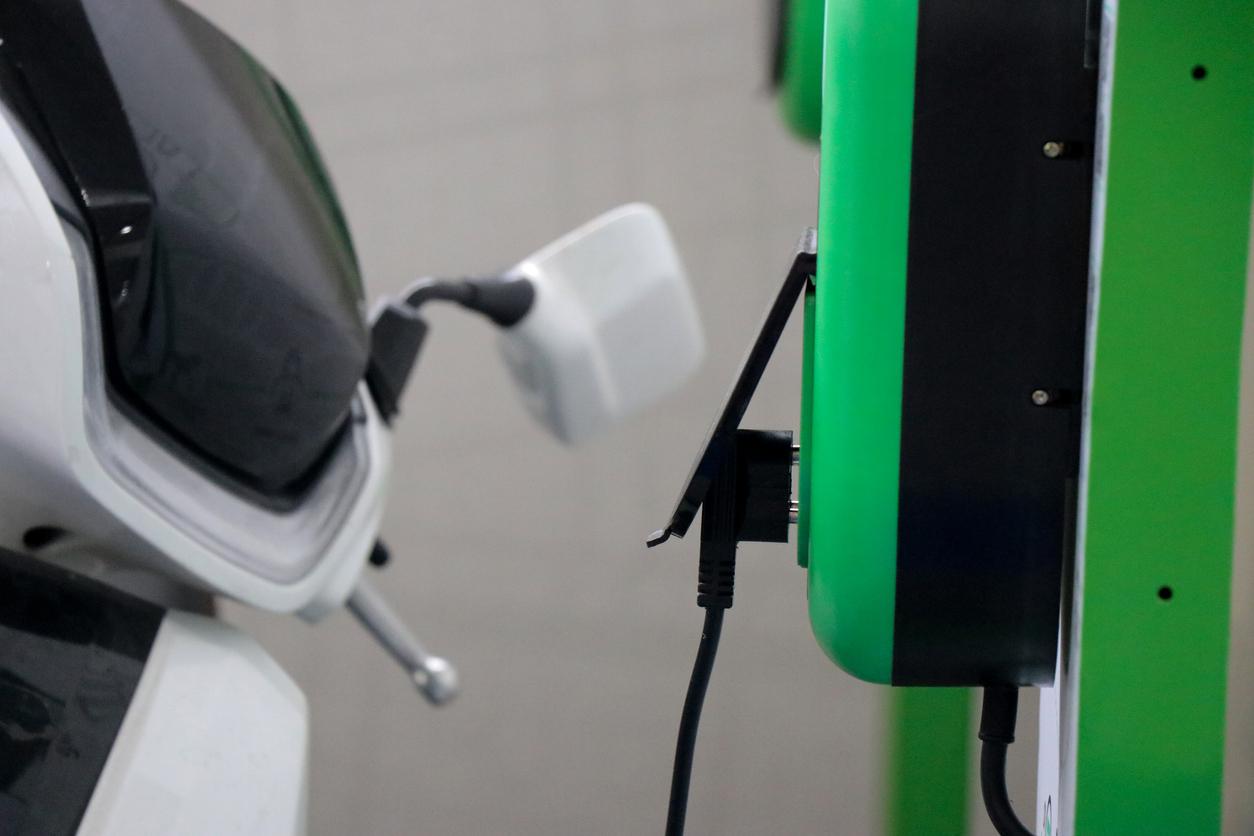How to Develop Power Electronics Solutions for Electric Vehicles?

Table of Contents
The global automotive industry has been rapidly transitioning towards sustainable transportation solutions, and electric vehicles (EVs) are emerging as the prime alternative to conventional gasoline-powered cars.This also includes electric bikes and electric scooters.
The exponential growth in the demand for EVs is creating numerous opportunities for businesses to develop innovative technologies and systems to improve the performance, efficiency, and reliability of electric vehicles. Power electronics is one such area that plays a crucial role in the functioning of an EV, enabling it to convert and manage power efficiently.
In this article we aim to explore the potential of power electronics in electric vehicle systems as an idea for business development, highlighting the key challenges and opportunities in the market, and providing insights into the strategies that businesses can adopt to thrive in this sector.
Electric vehicle system components
Inverters, converters, chargers, and battery management systems (BMS) are essential components in an electric vehicle system.
The inverter converts the direct current (DC) from the battery to alternating current (AC) for the motor to use.
Converters, on the other hand, are responsible for converting the voltage level and frequency of the electrical energy between different components in the EV system.
Chargers, as the name suggests, are responsible for recharging the battery of the EV.
BMS manages the battery’s health by monitoring its state of charge, temperature, and overall performance, ensuring the battery remains healthy and safe to use.
These components work in conjunction with each other to ensure the efficient operation of the EV, delivering maximum performance while maintaining safety and reliability. Check out the article on bldc motor drive to learn more about one of the most popular motor solutions for electric vehicles.
Green energy
Green energy is at the forefront of the electric vehicle industry, as it aims to reduce carbon emissions and promote sustainable transportation. The use of renewable energy sources such as solar, wind, and hydropower to charge EVs has gained momentum in recent years, with governments and businesses investing heavily in green energy infrastructure.
EVs also play a critical role in integrating renewable energy into the grid by acting as a storage unit for excess energy generated by renewable sources. This allows for better grid management and reduces the need for conventional fossil fuel-based power plants. The shift towards green energy in the EV industry is a step towards a more sustainable future, addressing the environmental challenges faced by the world today.
Technical challenges
Developing power electronics solutions for electric vehicles poses several technical challenges.
One of the primary difficulties is managing the high voltage and current demands required by the EV system, which can cause significant heat dissipation issues. Efficient thermal management is crucial to ensure the long-term reliability of power electronics components, which can suffer from premature failure due to high operating temperatures.
Additionally, power electronics components need to be highly efficient, as even small losses in energy can significantly reduce the range of an EV. This requires the use of high-performance materials and advanced circuit topologies that can efficiently manage the energy flow within the system.
Another challenge is the integration of power electronics components with other EV subsystems, such as the battery management system and motor controller, to ensure seamless operation and performance.
Addressing these technical difficulties requires a thorough understanding of the underlying physics and advanced engineering techniques, along with access to state-of-the-art testing facilities and equipment.
Benefits of outsourcing electric vehicle development
Outsourcing electric vehicle development has become an increasingly popular strategy for companies looking to enter the EV market or expand their product offerings. Outsourcing allows companies to leverage the expertise of established EV manufacturers, designers, and engineers, who possess the necessary skills and knowledge required for developing EVs. This strategy can save time and reduce costs, as outsourcing companies can avoid the expenses of building and maintaining an in-house team of experts, as well as the costs of infrastructure and equipment.
Outsourcing can also provide access to a wider range of technologies and capabilities, giving companies the flexibility to select the most suitable partner for their specific needs. However, outsourcing also has its challenges, such as quality control issues, communication barriers, and intellectual property concerns. It is essential to select a reliable and trustworthy partner, establish clear communication channels, and ensure proper quality control measures are in place to overcome these challenges.
Overall, outsourcing electric vehicle development can be a valuable strategy for companies seeking to enter or expand in the EV market, but it requires careful consideration and planning to ensure successful execution.
Conclusion
The electric vehicle industry is witnessing an unprecedented rise in the demand for power electronics components and charging systems that are efficient and of high quality. This presents a unique opportunity for entrepreneurs looking to venture into this sector. By developing top-of-the-line power electronics parts for electric vehicles, you can establish a profitable business in this rapidly growing market.






